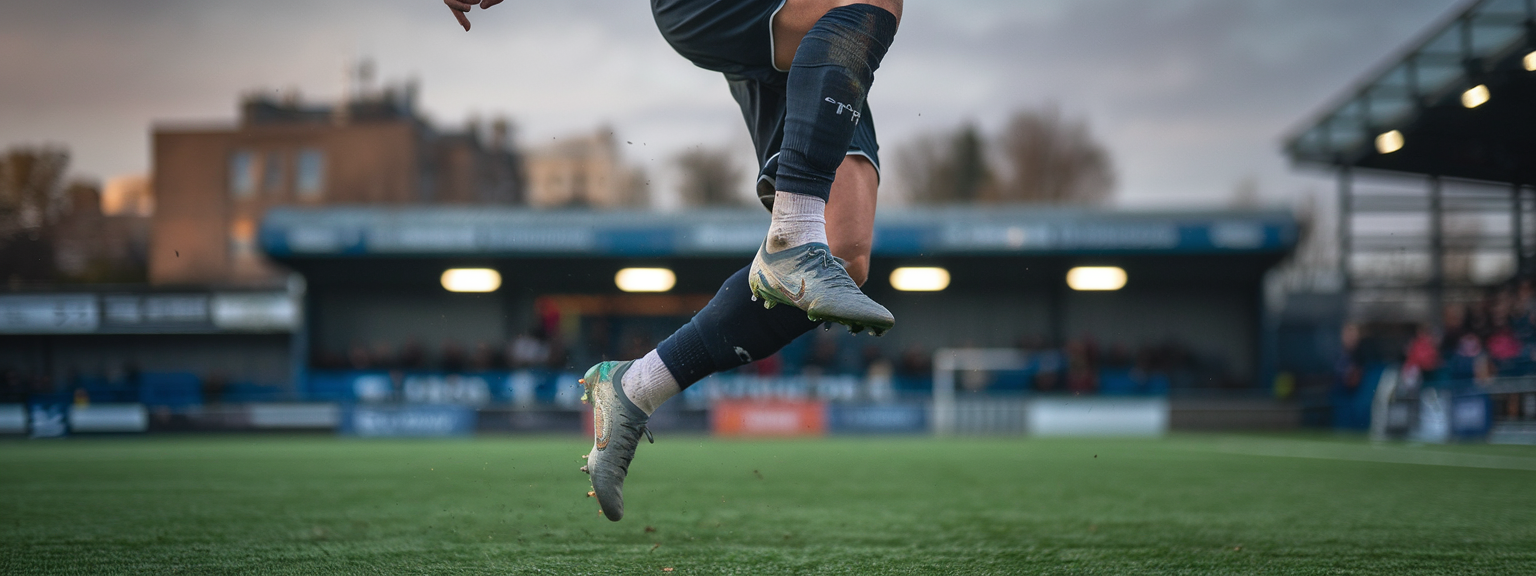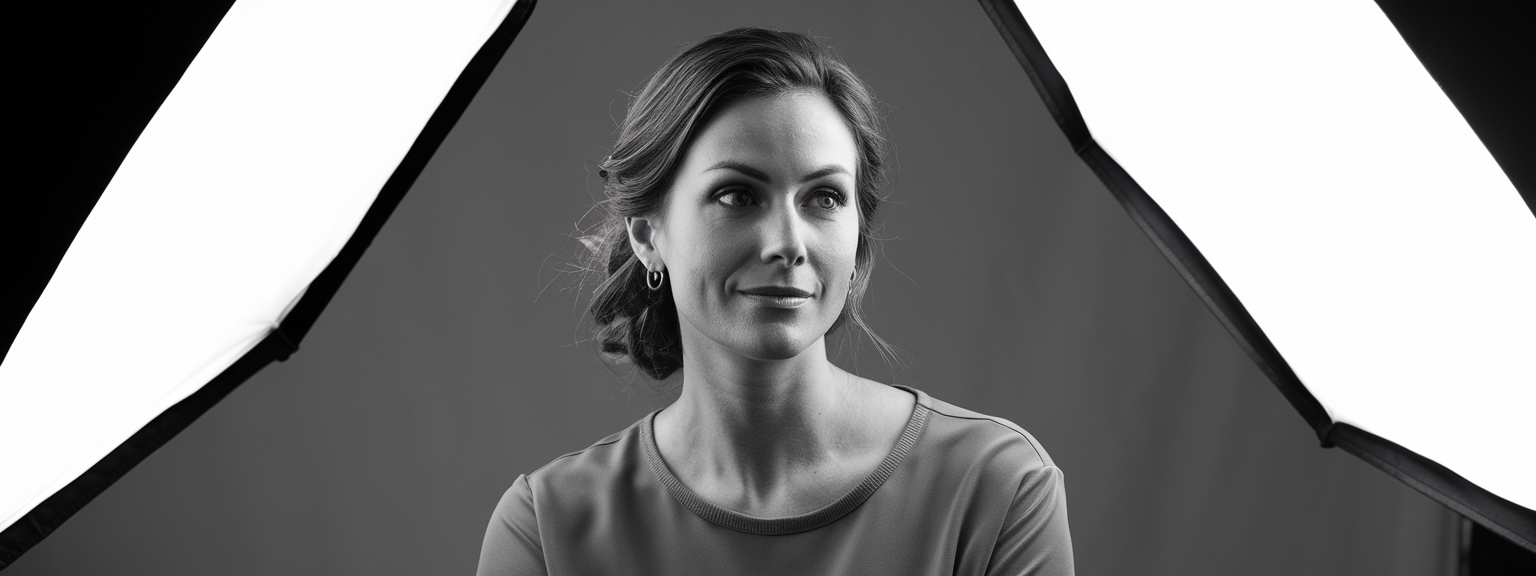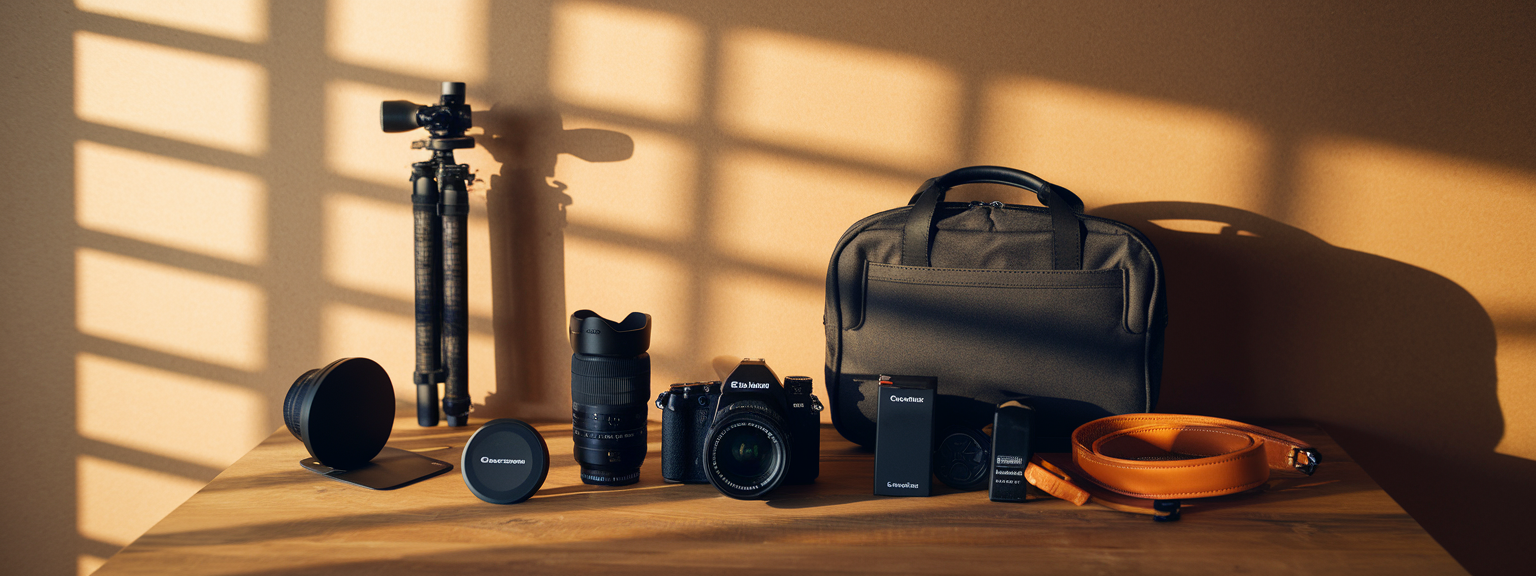Expert Photography Tips: 15 Steps to Transition from Hobbyist to Professional Photographer

📝 Step-by-Step Guide: Expert Photography Tips
Welcome to our comprehensive guide on Expert Photography Tips. In this post, we will dive deep into the 15 essential steps needed to transition from hobbyist to professional photographer. As an aspiring professional photographer, you will learn actionable strategies that enhance your photography career while developing advanced photography skills along the way. Whether you are focused on photo editing, camera equipment mastery, or portfolio building, these Expert Photography Tips will empower you step-by-step. Therefore, please follow our structured guide to build a strong foundation in photography techniques and client management.
Step 1: Assess Your Current Skills
The first step in following Expert Photography Tips is to evaluate your strengths and weaknesses. As a dedicated hobbyist, you might already have a good grasp of basic camera operations; however, refining your photography skills is essential. Start by analyzing your portfolio, and identify areas where you can improve. Additionally, consider requesting feedback from mentors or peers in your photography career journey.
Step 2: Set Clear Goals
Next, set clear, measurable goals that align with your long-term ambition to become a professional photographer. For example, decide on a target date to upgrade your camera equipment or enroll in advanced photography workshops. Meanwhile, keep a record of your milestones and celebrate small achievements along the way.
Step 3: Master Your Camera Equipment
Expert Photography Tips emphasize the importance of mastering camera equipment. Read tutorials, watch online demonstrations, and experiment with different settings. Familiarize yourself with advanced camera functions and lenses, moving beyond the basics that hobbyists often rely on. In addition, get comfortable with various lighting conditions to capture consistent results every time.
Step 4: Enhance Your Photography Techniques
Improving your photography techniques is crucial to the Expert Photography Tips discussed in this guide. Experiment with composition, the rule of thirds, and creative angles. In addition, study iconic works from renowned professional photographers and analyze how they capture light, shadow, and emotion. Over time, these observations will catalyze improvements in your own photographic style.
Step 5: Invest in Quality Photography Gear
Upgrading your equipment is a pivotal step for anyone transitioning into professional photographer status. Explore top-quality cameras, lenses, and accessories that meet the demands of a fast-paced photography career. By investing wisely, you will enhance the dynamic capability of your photography skills and output.
Step 6: Learn Advanced Photo Editing
After capturing great images, the next Expert Photography Tips highlight the importance of advanced photo editing. Master tools such as Adobe Lightroom and Photoshop to bring out the best in your photos. Consequently, your ability to correct color balances, improve exposure, and apply creative filters will set you apart as a professional photographer.
Step 7: Build a Professional Portfolio
A robust portfolio is one of the most crucial aspects of a photography career. Organize your best work to showcase your unique style and technical prowess. Be sure to update your portfolio frequently to include your recently developed photography techniques and photo editing projects. This step also provides evident proof of your evolving professional photographer skills and dedication.
Step 8: Network With Industry Experts
Networking plays a significant role in any successful career. Engage with communities of professional photographers by attending workshops and photography events. Therefore, actively participate in discussion forums and social media groups dedicated to Expert Photography Tips, as these avenues will lead you to potential clients and collaborators.
Step 9: Understand Client Management
A great professional photographer must integrate effective client management into their workflow. Learn how to communicate clearly, set expectations, and navigate projects from conception to final delivery. Consequently, mastering these client management techniques will bolster your reputation in the photography career arena.
Step 10: Experiment With Different Genres
Experimentation is a cornerstone of Expert Photography Tips. Explore diverse genres such as portrait, landscape, macro, and event photography. Furthermore, these experiments can help you identify your niche and strengthen your photography techniques. As a professional photographer, having a well-rounded image of various photography styles is imperative for growth.
Step 11: Develop a Unique Photographic Style
Over time, you should work diligently to develop a signature style as part of your Expert Photography Tips. This unique vision may emerge from a deep understanding of photo editing, creative composition, and technical expertise in camera usage. Therefore, by honing your personal style, you not only stand out from the crowd but also align with your long-term photography career goals.
Step 12: Leverage Social Media for Exposure
Social media is an invaluable tool for every aspiring professional photographer. Utilize platforms like Instagram, Facebook, and Pinterest to share your best works. Meanwhile, interact with your audience and build a community around your photography techniques. As a result, these efforts dramatically enhance your visibility and career opportunities.
Step 13: Seek Constructive Criticism and Continuous Learning
To fully benefit from Expert Photography Tips, always be open to feedback. Participate in photography critiques and learn from experienced professional photographers. Moreover, continuous learning through online courses, reading photography blogs, and subscribing to industry publications will keep you updated on the latest trends and innovations.
Step 14: Manage Your Business Like a Pro
Even though passion drives many photographers, professionalism requires sound business acumen. Learn the fundamentals of pricing, contracts, and marketing. Notably, understanding the business side of a photography career can lead to better client relationships and higher profitability. Therefore, combine creative photography with practical business skills for long-term success.
Step 15: Review, Reflect, and Adapt
Finally, regular reviews of your progress are essential. Reflect on your achievements and setbacks while adapting your strategies accordingly. By embracing change and staying true to the principles of Expert Photography Tips, you will continuously refine your artistry and maintain a competitive edge as a professional photographer.
📌 Practical Applications: Expert Photography Tips
Implementing Expert Photography Tips into your daily routine can significantly transform your photography career. For example, if you are preparing for a client shoot, apply your understanding of camera equipment and lighting from step 3 to create striking imagery. Additionally, use your advanced photo editing skills acquired in step 6 to polish your images further. By integrating these practical applications, you effectively bridge the gap between hobbyist pursuits and a flourishing professional photographer lifestyle.
💡 Tips & Tricks: Expert Photography Tips
This section covers additional tips and insider tricks that augment the power of Expert Photography Tips. Here, you will find valuable insights on both technical and creative aspects vital to honing your craft as a professional photographer. These tips not only boost your photography career but also enhance your overall photography skills, including photo editing and camera handling.
Tip 1: Embrace Experimentation with Lighting
Always experiment with different lighting setups. For instance, natural light creates unique moods while artificial light offers more control. Therefore, learn how to balance these resources to capture vibrant images. This tip aligns with the core framework of Expert Photography Tips and can further boost your portfolio building efforts.
Tip 2: Establish a Consistent Editing Workflow
A reliable editing workflow is crucial. Use presets in photo editing software to accelerate your process without compromising on quality. As a result, you can maintain consistency across your images, thereby reinforcing your professional photographer brand and reputation in client management and photography techniques.
Tip 3: Invest Time in Learning New Software Tools
Keep updating your skills by learning new photo editing software and mobile apps. Since the realm of photography constantly evolves, staying informed about the latest technological enhancements can further optimize your work. Consequently, this advanced knowledge not only enriches your photography skills but also positions you as a knowledgeable professional photographer.
Tip 4: Keep Up With Photography Trends
Stay updated on the latest trends by following top professional photographers and photography blogs. Emerging trends can offer innovative ways to use camera equipment and redefine traditional photography techniques. Therefore, integrating these trends into your routine can significantly impact your creative process.
Tip 5: Collaborate and Share Knowledge
Networking is crucial for growth, so take time to collaborate with peers, participate in group shoots, and attend photography seminars. By exchanging insights and experiences, you reinforce your understanding of Expert Photography Tips as well as develop key professional photographer relationships. Moreover, such collaborations often lead to innovative projects and beautiful imagery.
📸 Sample Scenario
Imagine you are preparing for your first major freelance assignment as a professional photographer. You have recently overhauled your portfolio with stunning images that demonstrate high-level photography techniques, refined photo editing, and brilliant use of camera equipment. Your client requires creative portraits with dramatic lighting. Using the Expert Photography Tips outlined above, you plan your shoot meticulously. You start by scouting locations during golden hour, ensuring natural light enhances your subjects. Then, leveraging your newly acquired business acumen, you communicate your artistic vision to the client clearly, guaranteeing they understand your approach. This sample scenario shows how each Expert Photography Tips strategy fits into a real-life situation, making your transition smoother and your work more impactful.
✅ Key Do’s for Effective Usage
Below are the key do’s that every aspiring professional photographer should follow when implementing Expert Photography Tips:
- Do continuously refine your photography techniques and stay updated on industry trends.
- Do invest in high-quality camera equipment and master its usage.
- Do build and consistently update your professional portfolio.
- Do network with experienced professional photographers and learn from constructive criticism.
- Do manage client expectations professionally and communicate effectively.
- Do leverage social media platforms to showcase your work and attract potential clients.
❌ Common Mistakes to Avoid
Avoid these frequent mistakes when applying Expert Photography Tips:
- Avoid neglecting the importance of proper lighting and composition.
- Avoid over-editing photos which can lead to unnatural results.
- Avoid underestimating the necessity of networking and client management.
- Avoid failing to update your portfolio regularly with your latest work.
- Avoid using outdated camera equipment that does not support advanced photography techniques.
- Avoid ignoring feedback from professionals and clients alike.
🔄 Troubleshooting & FAQs
Below is our troubleshooting and FAQs section designed to address common questions regarding Expert Photography Tips and the transition from hobbyist to professional photographer:
Q1: What are the best photography techniques for beginners?
For beginners, it is advisable to start with the basics like mastering camera exposure, composition, and understanding light. Furthermore, attending workshops and studying work by professional photographers can significantly improve your photography skills.
Q2: How do I choose the right camera equipment for my needs?
Selecting the proper camera equipment is crucial. Therefore, consider the genres you are most passionate about, whether it be portrait, landscape, or macro photography. In addition, read expert reviews and compare different models to make an informed decision that boosts your photography techniques.
Q3: What are some key strategies for building a professional photographer portfolio?
A professional portfolio should showcase your best works and illustrate versatility. Start by selecting images that demonstrate strong composition, expert use of lighting, and effective photo editing. Moreover, ensure that your portfolio is organized and regularly updated with new, high-quality images that reflect your evolving style.
Q4: How can I improve my client management skills?
Improving client management is essential for a thriving photography career. Therefore, always be clear with your communication, set realistic expectations, and follow through on commitments. Additionally, use project management tools and maintain regular follow-ups to keep client relationships strong.
Q5: What should I do if my photos are not getting the desired impact?
If your images are not generating the desired impact, review your workflow critically. Begin by evaluating your lighting, composition, and photo editing processes. Moreover, seek feedback from trusted peers or mentors. Often, small adjustments can make a significant difference in achieving professional quality results.
🖼️ Bringing It All Together
In conclusion, mastering Expert Photography Tips is a journey that requires passion, continuous learning, and unwavering dedication. By following our detailed 15-step guide, integrating practical applications, and avoiding common pitfalls, you are well on your way to transforming into a professional photographer. Moreover, every tip shared above — from technical camera handling to sophisticated photo editing — plays a pivotal role in sculpting your photography career. Embrace these strategies, refine your unique style, and let your creativity shine through every image you capture.
Now it’s your turn! Integrate these Expert Photography Tips into your daily routine, continuously refine your approach, and embrace every challenge as an opportunity to learn. As you build a robust portfolio and grow your influence as a professional photographer, remember that every small improvement contributes to your long-term success in the ever-evolving world of photography.

![[Stunning Images Editing Workflow] [Photographer editing a vibrant landscape on a monitor, demonstrating techniques for stunning images]](https://lenslesson.com/wp-content/uploads/2025/12/advanced-stunning-images-editing-workflow.png)
![[sports-photography-action-shot] [Photographer using a telephoto lens to capture a fast break at a basketball game — Sports Photography]](https://lenslesson.com/wp-content/uploads/2025/12/sports-photography-action-shot-telephoto-basketball.png)
![[Travel photography sunrise capture] [Photographer capturing sunrise landscape during a travel photography trip with a mirrorless camera]](https://lenslesson.com/wp-content/uploads/2025/12/travel-photography-sunrise-shot-essentials.png)
![[Photo Tips Sharper Shots] [Close-up of a photographer adjusting camera settings - Photo Tips for sharper shots]](https://lenslesson.com/wp-content/uploads/2025/12/photo-tips-better-photos-smartphone-composition.png)
![[Urban Street Photography Moment] [Photographer capturing a candid moment on a busy city sidewalk — street photography scene]](https://lenslesson.com/wp-content/uploads/2025/12/street-photography-candid-urban-moment.png)



